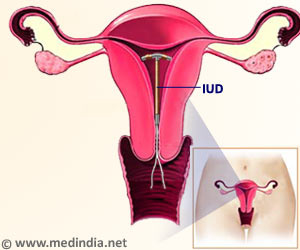A new research has shown that the rate of birth defects associated with letrozole is very similar to that of clomiphene citrate, the first line treatment for infertility.
Concerns about increased risk of birth defects associated with letrozole, a cost effective and an easy to use drug, commonly given for infertility treatment has been settled. A new research has now established that the rate of birth defects associated with letrozole is very similar to that associated with clomiphene citrate, the first line treatment for infertility for more than 40 years that is associated with a low risk.
The researchers examined nearly 911 newborns who were treated for infertility with either clomiphene citrate or letrozole between 2001 and 2005.Babies of mothers treated with letrozole and clomiphene citrate had the same rate of incidence of birth defects.The results of this study, which contradicts earlier studies linking letrozole to increased rates of inherited malformations, appear in the online version of Fertility and Sterility.
The drug letrozole has been increasingly used in infertility treatment in the recent years. No statistically significant difference in the incidence of minor/major birth defects or other chromosome abnormalities in newborns has been documented by the study. This highlights that letrozole can indeed be used in infertility treatment without increased birth defect risk to the fetus.
The reports of increased birth defects associated with use of the drug in earlier studies could be due to fault in the methodology. The previous studies compared the incidence of birth defects in children conceived through fertility treatments using letrozole and spontaneously conceived children. This equates to an oranges- and-apples comparison, as natural conception is always associated with a low risk of birth defects. In addition, previous studies had not taken care to include age-matched control and treatment groups.











